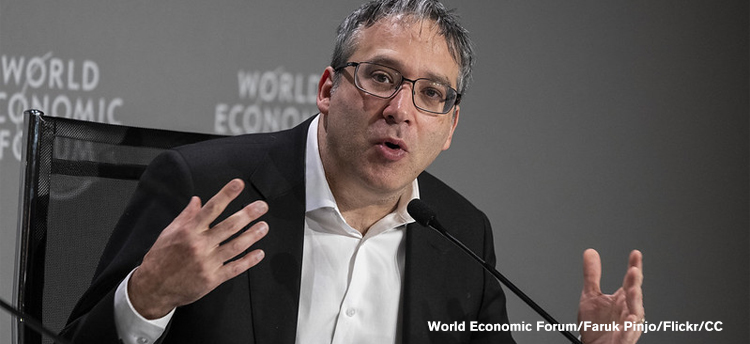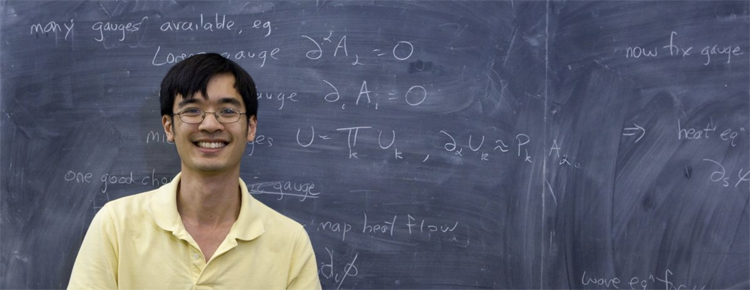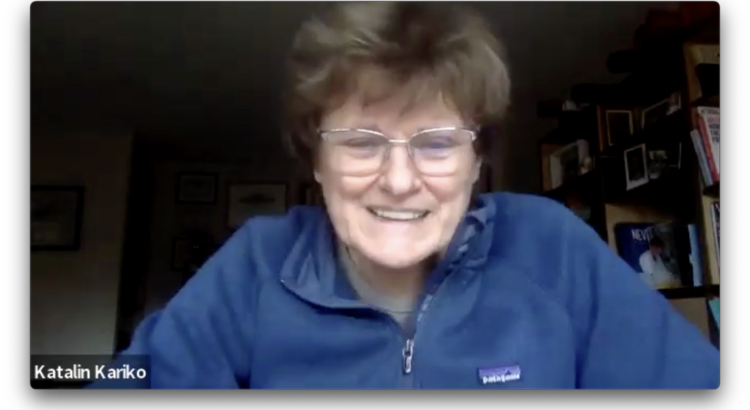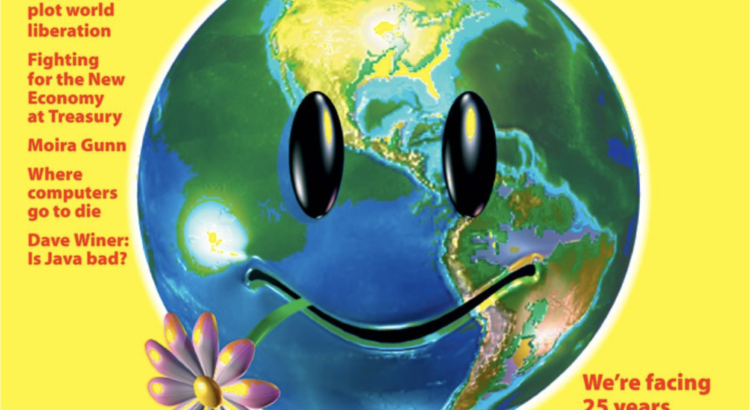Author: cd
Of Babies and Language Models
Young people and large language models (LLMs) acquire their language skills in very different ways. Can linguistics still learn something from AIs? I talked to Steven Piantadosi from UC Berkeley.

Gary Marcus: We’re suffering through the Napster era of AI
The author of the new book “Taming Silicon Valley” says tech companies should compensate artists, writers, publishers and other creators who are being ripped off to fuel the AI economy.
Are you using generative AI in your personal life and work?
No, I don’t like it. I think it’s good for brainstorming, but I’ve been doing what I’m doing for so long, I don’t really need the help. It’s good for coding, but I’m not coding right now. Most of the other applications are really riddled with problems. I would never write with it. Fundamentally, I don’t trust it …

AI Will Become Mathematicians’ ‘Co-Pilot’
Fields Medalist Terence Tao explains how proof checkers and AI programs are dramatically changing mathematics.
Mathematics is traditionally a solitary science. In 1986 Andrew Wiles withdrew to his study for seven years to prove Fermat’s theorem. The resulting proofs are often difficult for colleagues to understand, and some are still controversial today. But in recent years ever larger areas of mathematics have been so strictly broken down into their individual components (“formalized”) that proofs can be checked and verified by computers.
Terence Tao of the University of California, Los Angeles, is convinced that these methods open up completely new possibilities for cooperation in mathematics. And if the latest advances in artificial intelligence are added to this, completely new ways of working could be established in the field in the coming years. With the help of computers, big, unsolved problems could come closer to being solved. Tao laid out his views on what is to come in an interview with Spektrum der Wissenschaft, Scientific American’sGerman-language sister publication.
[An edited transcript of the interview follows.]
In one of your talks at the Joint Mathematics Meetings in San Francisco, you seemed to suggest that mathematicians don’t trust each other. What did you mean by that?
I mean, we do, but you have to know somebody personally. It’s hard to collaborate with people who you’ve never met unless you can check their work line by line. Five is kind of a maximum [number of collaborators], usually.
Read More
Nobel Prize for Katalin Karikó
Katalin Karikó received this year’s Nobel Prize for the application of mRNA techology to vaccines – she is the reason that we all don’t have to fear Covid-19 any more. In December 2022, I interviewed her for the Newsletter of Leopoldina, Germany’s national academy of sciences.
Read More
Workshop Report: Decoding Communication in Nonhuman Species II
Simons Institute for the Theory of Computing
Three years ago, in August 2020, the Simons Institute co-hosted a workshop on Decoding Communication in Nonhuman Species. Looking back at the titles of the talks, none used the AI buzzwords that have become household terms in the course of the last several months: ChatGPT, large language models, generative AI, chatbots. This past June, the Institute co-hosted a follow-up workshop, Decoding Communication in Nonhuman Species II …

“The Impact of Russian Tweets, If Any, Was Limited”
Did Donald Trump only become president thanks to Russian trolls? That explanation is too simple, argues a group of researchers. They found no evidence for it in a study.
The fact that Donald Trump was elected U.S. president in 2016 was partly due to the fact that Russian actors had influenced the electorate through ads and social media posts – at least that’s the gist of press reports and books on the subject. Researchers repeatedly proved that there were large-scale efforts from Russia to create sentiment for Trump and against Hillary Clinton on social networks.
What is more difficult to measure is how much influence messages from Russian trolls actually had. For some time now, evidence has been mounting in research that there has been a tendency to overestimate their impact. A recent study, published in the journal Nature Communications, has concluded that Russian efforts on Twitter had virtually no impact on the election results.
Jan Zilinsky is one of the authors of the study. The Slovakian-born economist works at the School of Social Sciences & Technology at the Technical University of Munich. His research focuses on how voters’ positions are influenced …

“Our idea was to lay out a positive narrative”
25 years ago, Peter Leyden predicted the boom of digitalization – but also warned of a pandemic, the climate catastrophe and Russian aggression. Now he predicts what’s coming next.
Science fiction writer William Gibson recently tweeted a snippet with ten bleak predictions from a 25-year-old cover story in “Wired” magazine, calling it “perversely pessimistic at the time.” The tweet went viral. But those “spoilers” were really just an appendage to the larger story, which predicted a “long boom” and the blessings and benefits of a digital society. ZEIT ONLINE spoke with one of the two authors, Peter Leyden, exactly a quarter century after the story was published.
We have a Momo!
Nora Coenenberg and I won the German Youth Literature Prize 2021 in in the non-fiction category for our book “100 Kinder” (“100 Children”). The award trophy is a bronze statue of Momo, the protagonist of Michael Ende’s novel of the same name. This is the video of the prize ceremony at the Frankfurt book fair on October 22.

Chatting with whales
(This article from Hakai Magazine was re-published in a number of online publications, among them The Atlantic, Smithsonian Magazine and IFL Science.)
An ambitious project is attempting to interpret sperm whale clicks with artificial intelligence, then talk back to them.
“I don’t know much about whales. I have never seen a whale in my life,” says Michael Bronstein. The Israeli computer scientist, teaching at Imperial College London, England, might not seem the ideal candidate for a project involving the communication of sperm whales. But his skills as an expert in machine learning could be key to an ambitious endeavor that officially started in March 2020: an interdisciplinary group of scientists wants to use artificial intelligence (AI) to decode the language of these marine mammals. If Project CETI (for Cetacean Translation Initiative) succeeds, it would be the first time that we actually understand what animals are chatting about—and maybe we could even have a conversation with them …

Writing Devices
With Mary Amato and Andrea Caspari from Firefly Shadow Theater, I produced a series of videos showing writers how to use certain linguistic tricks, from alliteration to anacoluthon. My job was the animation and the video editing.